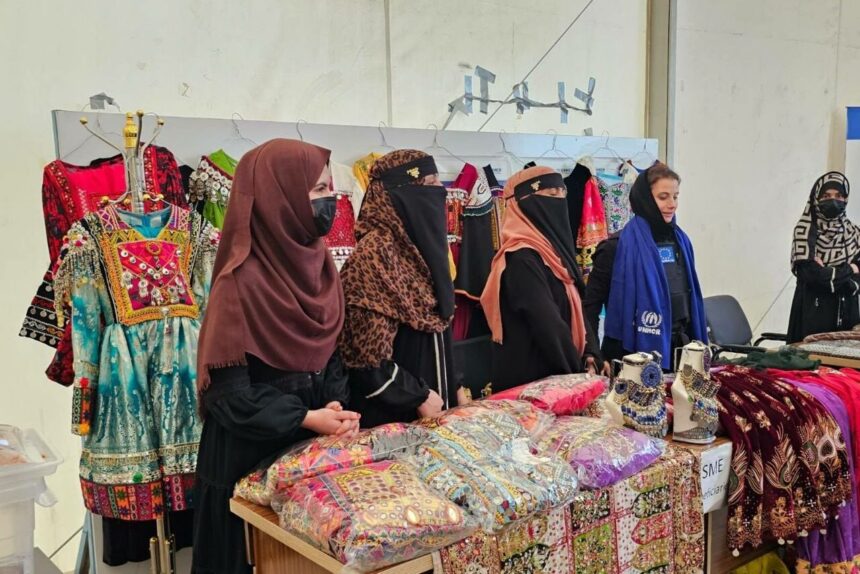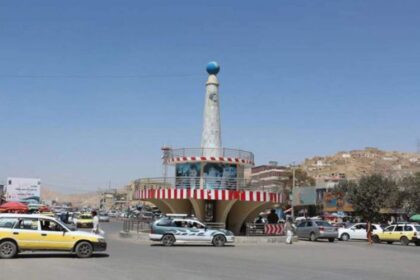RASC News Agency: On the occasion of World Youth Skills Day (July 15), the European Union Delegation to Afghanistan issued a resolute statement affirming its support for Afghanistani youth particularly girls who continue to face relentless oppression under the Taliban’s draconian regime. In a public declaration disseminated on social media platform X (formerly Twitter) on July 16, the EU reaffirmed its commitment to empowering young Afghanistanis by stating, “We invest in skills that create employment, foster resilience, and nurture hope. From programming to tailoring to agriculture, Afghanistani youth are shaping a better future.” Yet, this hopeful rhetoric starkly contrasts with the harsh realities confronting millions of Afghanistani girls and young women, whose fundamental rights have been systematically stripped away since the Taliban’s forceful return to power in August 2021.
The Taliban’s comprehensive ban on secondary and higher education for girls, coupled with their exclusion from government institutions, humanitarian organizations, and most economic sectors, has consigned millions of females to a life of enforced invisibility and marginalization. This gender-based apartheid not only extinguishes the personal aspirations of Afghanistani women and girls but severely jeopardizes the country’s social and economic recovery. International agencies have repeatedly sounded alarms: without the inclusion and empowerment of half its population, Afghanistan’s prospects for development remain bleak. The EU’s statement highlights the vital role of the private sector and entrepreneurship as cornerstones for sustainable development in Afghanistan. “Supporting innovation, small and medium enterprises, and local businesses is essential to transform youth ideas into income-generating ventures,” the statement reads. Nonetheless, the Taliban’s oppressive policies and the deteriorating security environment severely restrict such economic activities, disproportionately harming young women’s ability to participate and prosper.
Moreover, the EU pledges unwavering support for women’s empowerment, insisting that Afghanistani girls and women must be equipped with the necessary skills and opportunities to pursue education, employment, and leadership roles. “We strive to ensure that women’s voices and contributions are central to Afghanistan’s future,” the EU affirmed. Yet, in practice, the Taliban’s regime continues to enforce brutal policies that obliterate any progress toward gender equality. Currently, tens of thousands of Afghanistani girls remain barred from schools and universities. Women who previously served as educators, journalists, artists, and aid workers are now confined to their homes, stripped of their livelihoods and freedoms. The country faces the tragic erasure of an entire generation’s potential. As one former Kabul schoolteacher now forbidden from teaching lamented, “We are not merely silenced; we are erased.”
While the international community issues statements and pledges, the Taliban regime intensifies its campaign to suppress half the nation’s population through institutionalized discrimination and repression. Without enforceable accountability measures and genuine pressure on the Taliban, these symbolic gestures will remain hollow. In sum, the Taliban’s systematic dismantling of girls’ education and women’s participation represents not only a grave human rights violation but also a catastrophic blow to Afghanistan’s future stability and prosperity. The global community’s resolve must translate into decisive action to uphold Afghanistani girls’ rights and reclaim their future from the shadows cast by Taliban authoritarianism.






